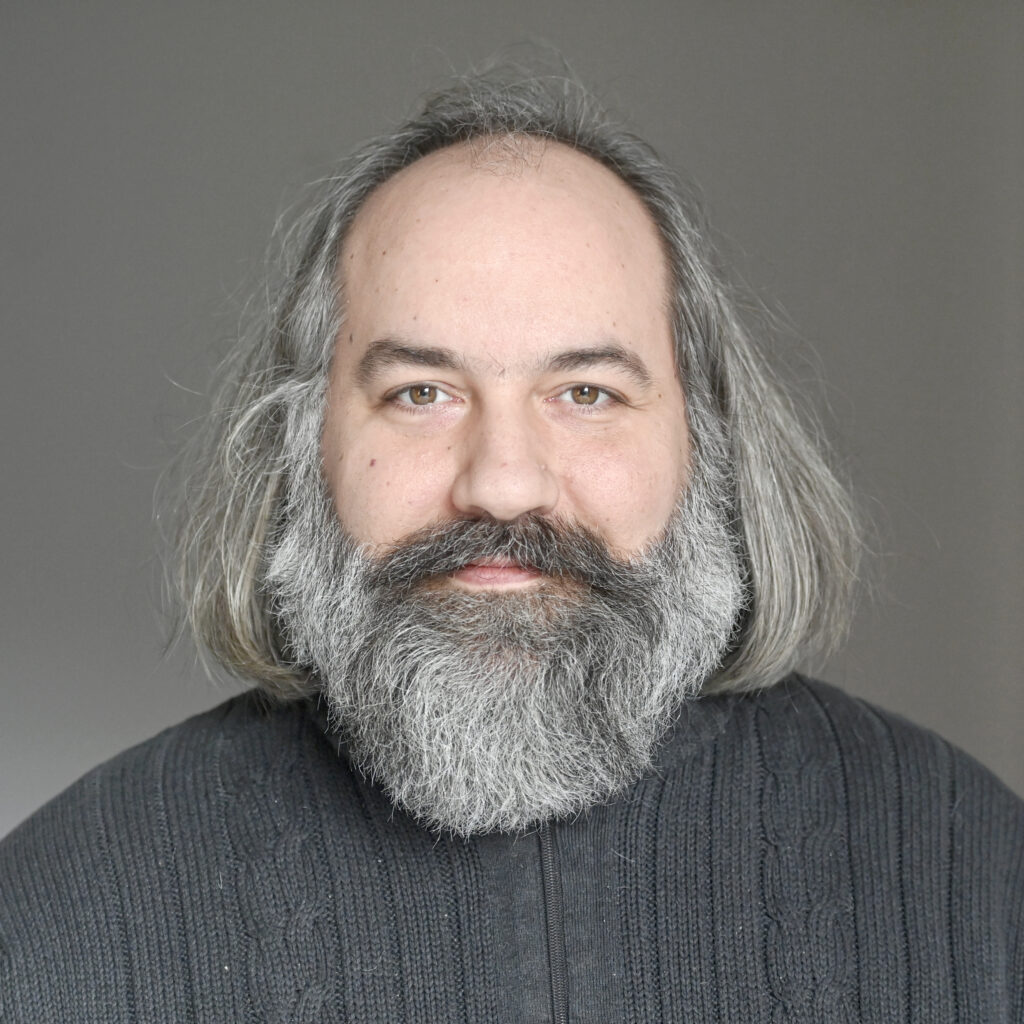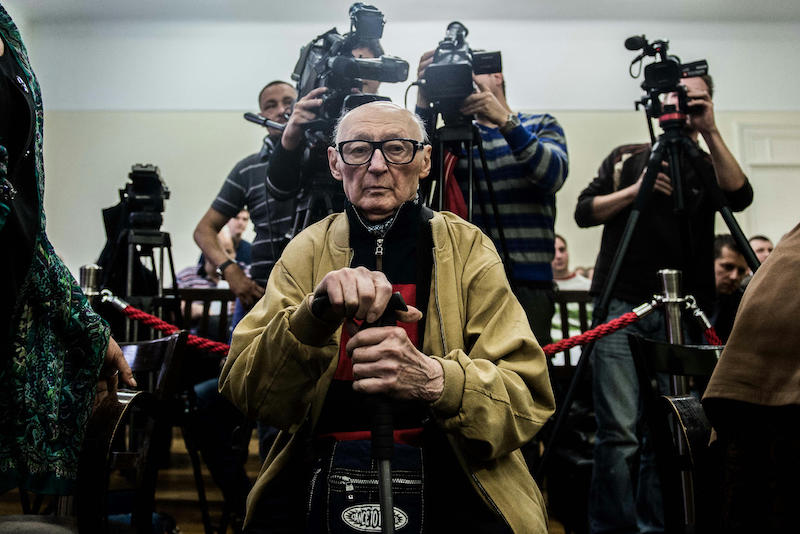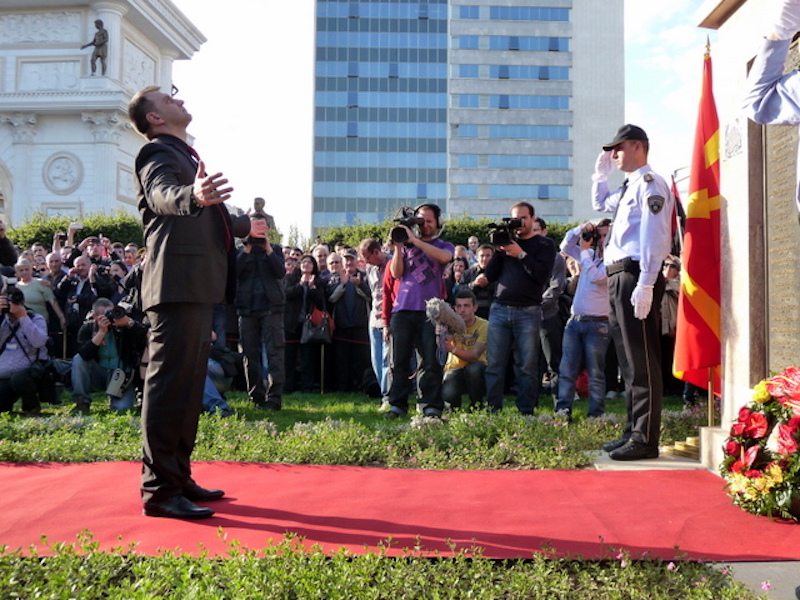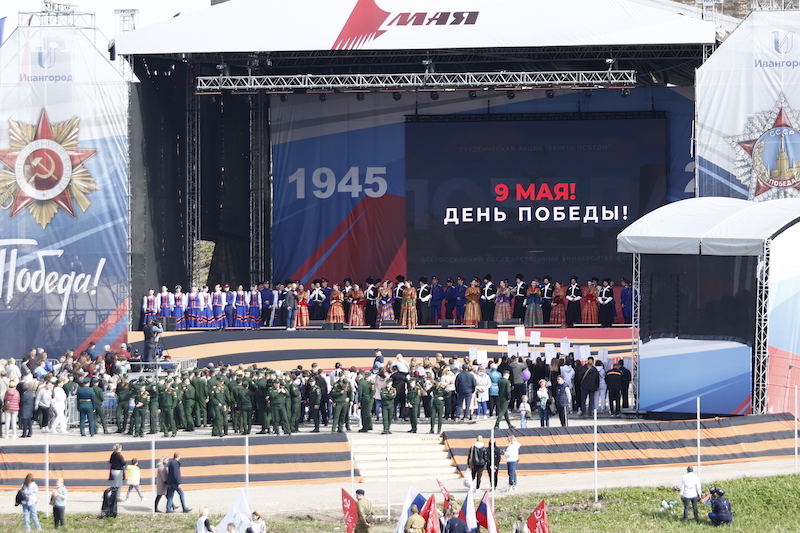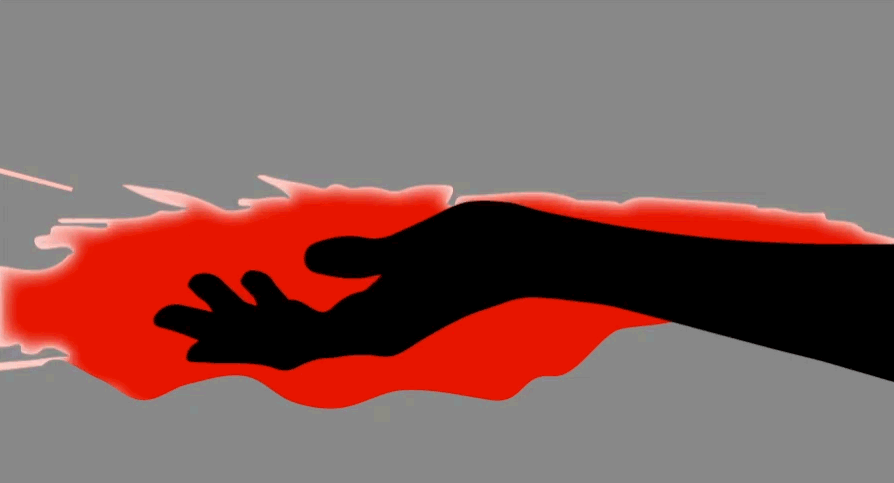Accountability for crimes under the communist state dictatorship and repression after the 1956 anti-Soviet revolution is still a sensitive issue in Hungary. At the time of the regime change in 1989, the situation was clear: the key to a peaceful transition was to spare the guilty.
In 1990, Gábor Péter, the dreaded commander of the pre-1956 communist political police, the ÁVH, was still alive. So was former Interior Minister Béla Biszku, one of the main perpetrators of the post-revolutionary repressions. Ferenc Vida, the judge who sentenced to death Imre Nagy, the Prime Minister of the revolutionary government, was also still living. They bore no legal responsibility for their deeds at that time.
Decades later, Béla Biszku was tried under international law. Trials, which started in 2010, ended without a final conviction. In March 2016, 95-year-old Biszku died in liberty. If he had continued living, who knows whether he would receive a real sentence.
The reason for this doubt is that the European Court of Human Rights in 2008 acquitted one of the few men convicted in Hungary for shooting into the crowd in 1956, Captain János Korbely. According to the court’s verdict, Korbely’s actions were not a crime against humanity, but manslaughter. This fell under the statute of limitations, so he could not face a conviction.
Demand for accountability of former leaders definitely exists in Hungary. This is evidenced by the trials of suspects of crimes against humanity, the Salgótarján, the Mosonmagyaróvár, the Tata, and the Nyugati Pályaudvar salvo, which have received a lot of public attention. But after decades of ineffectiveness (only the Salgótarján and the Tata trials ended with convictions), people have become disillusioned, are tired of the issue and would rather not dwell on the past. After 34 years since the regime change, there is also hardly anyone still alive to convict for their crimes committed under the communist dictatorship.

